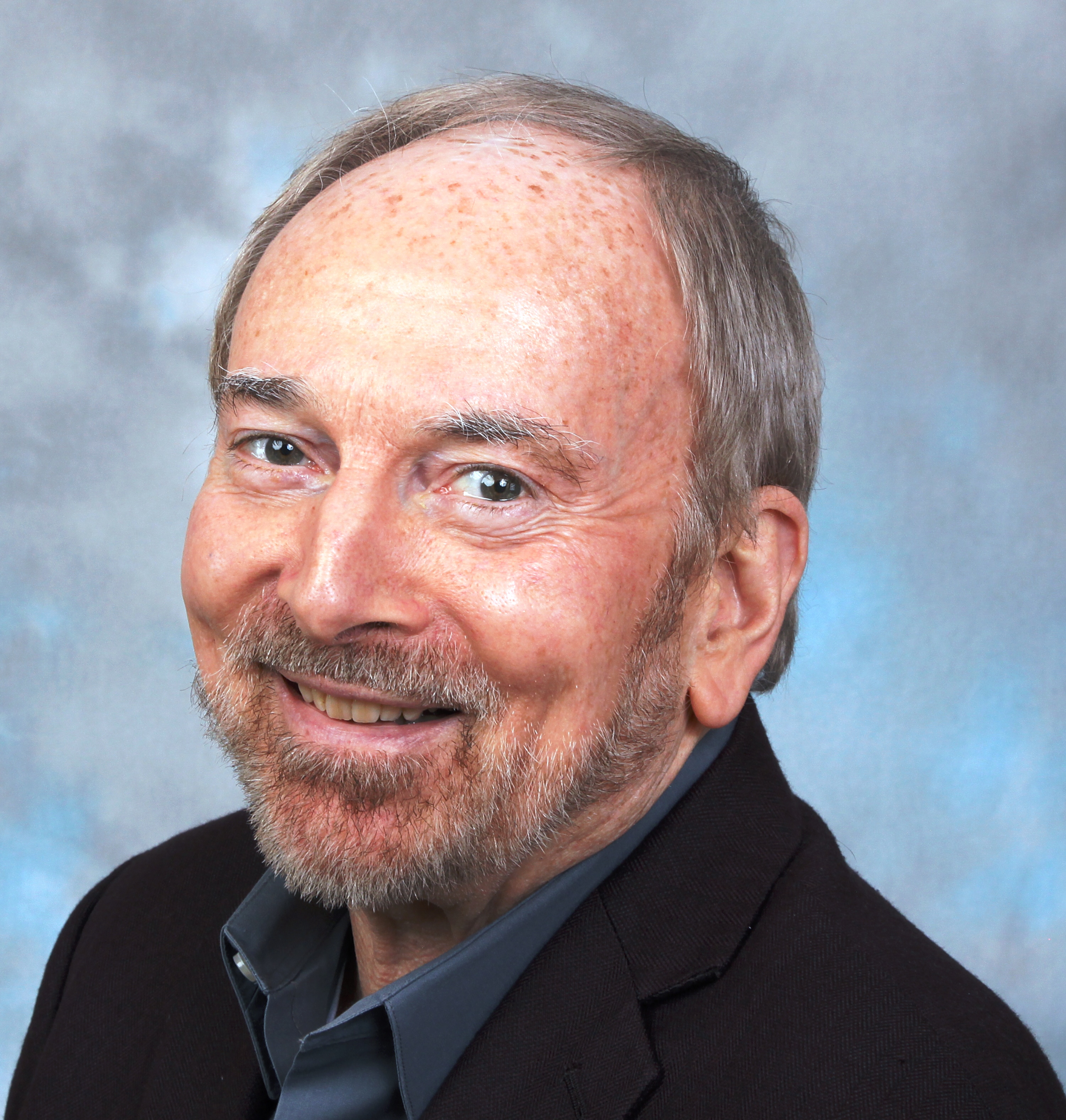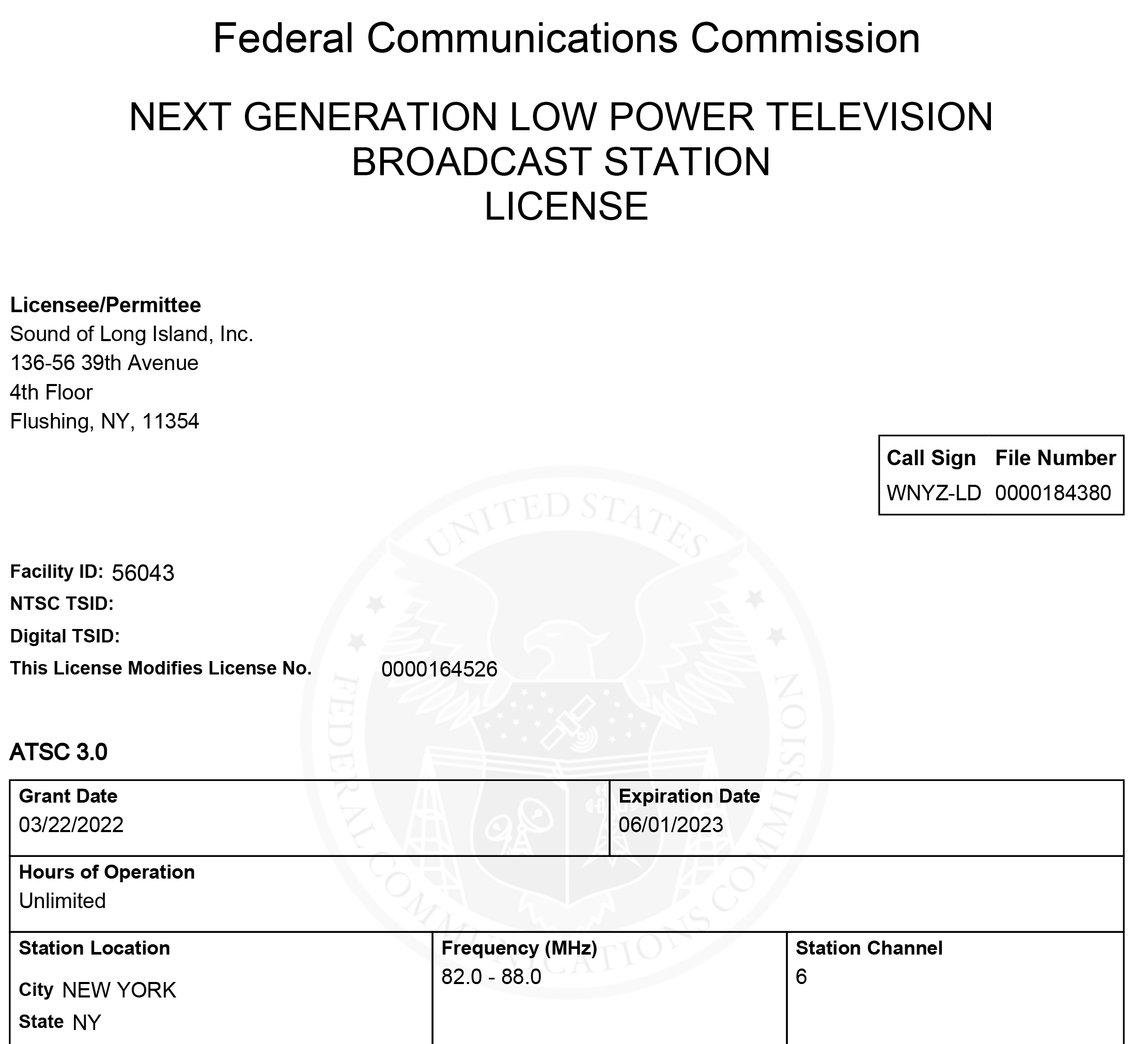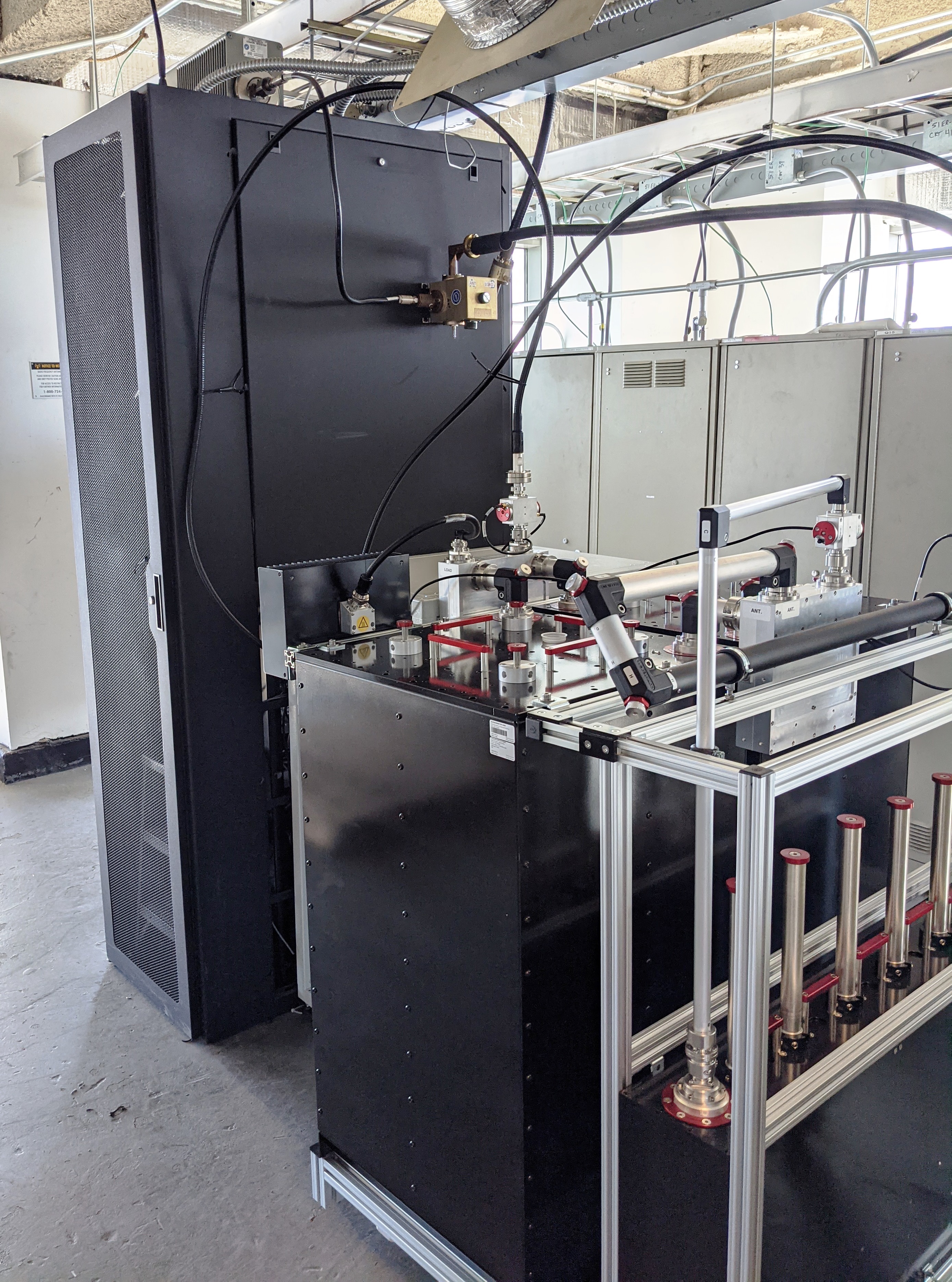WNYZ-LD Becomes New York City’s First ATSC 3.0 Broadcaster
LPTV serves up NextGen TV and FM radio

The professional video industry's #1 source for news, trends and product and tech information. Sign up below.
You are now subscribed
Your newsletter sign-up was successful
NEW YORK—The latest of the new wave of hybrid DTV/analog FM radio stations—WNYZ-LD—took to the air on March 22 as a fully-licensed “NextGen TV” station in the New York City borough of Queens, and in doing so, bested the full-power TV operations for the title of being the first in the Big Apple to air ATSC 3.0 broadcasts.
The 3 kW ERP TV Ch. 6 (82-88 MHz) station is licensed to Sound of Long Island Inc. (SOL) and transmits Korean language TV and radio broadcasts to the metropolitan New York City area and eastward towards Long Island, using a directional antenna in order to avoid interference with a full-power Ch. 6 operation in Philadelphia, southwest of WNYZ-LD’s transmitter location.
(Read: Next-Generation ‘Franken FMs’ on the Rise, Part I & Part II)
According to Clarence Beverage of Communications Technologies, Inc., the consulting engineer who set up the station, it’s one of a dozen or so second-generation hybrid TV Ch. 6 DTV/FM stations that had previously operated as analog “Frankens” for a number of years before the FCC sunset all remaining analog LPTV broadcasts last July.

Beverage said that Young Kwon, SOL’s president, knew about the Venture Technologies' team in California and their groundbreaking work employing the new NextGen TV broadcast TV transmission standard, developed by the Advanced Television Systems Committee (ATSC), which enables broadcaster to deliver an array of new services and enhanced content features to consumers.
Beverage observed that he gives a lot of credit to Venture, as they looked very carefully at FCC rules and realized that the implementation plan for ATSC 3.0 was not to just allow for television, but for other signals such as data, narrow-band audio, and the like as well.
He explained that Mr. Kwon had followed the progress of Venture Technologies in licensing their KBKF-LD former analog Ch. 6 LPTV for ATSC 3.0 and in obtaining an STA in early June to allow it to transmit an analog FM signal on their former analog TV 87.75 MHz audio carrier.
The professional video industry's #1 source for news, trends and product and tech information. Sign up below.
“When Mr. Kwon saw KBKF’ s success, he felt it was time to go forward to order equipment and formalize a lease for the new facilities for the [NYC] Ch. 6 DTV with ancillary audio signal,” said Beverage. “KBKF, in receiving their approvals, gave the SOL team a basis to begin to move things forward and allowed Mr. Kwon to plan to use the facility to provide separate minority-focused program content, 24 hours per day, for both television and radio signals. “
Beverage noted that WNYZ-LD’s transmission setup closely mirrors that used by Venture Technologies’ KBKF-LD with an equipment package provided by the Italian firm, SYES.
“There were really a limited number of people talking about manufacturing equipment for this application,” said Beverage. “SYES started early for the operation in California, and we thought they were the best choice. When we were ready to place the order, SYES was the only company with a station on the air with this configuration.”
He added that key to implementation of any NextGen TV operation is the ATSC 3.0 encoding gear, and the current price tag of around $80,000 for this technology has made it prohibitive for many low-power TV broadcasters.
“SYES worked with an encoder manufacturer to produce an encoder without a lot of bells and whistles,” said Beverage. “This one was $40,000, but is able to be expanded.” He added that many people probably are not aware of what it takes to put an ATSC 3.0 TV station on the air, and that unlike some of their earlier analog TV Franken precursors, the current stations are designed and operated to fully comply with extremely specific FCC rules and regulations.
“This is a really professionally-engineered no-interference very, very controlled implementation.”


